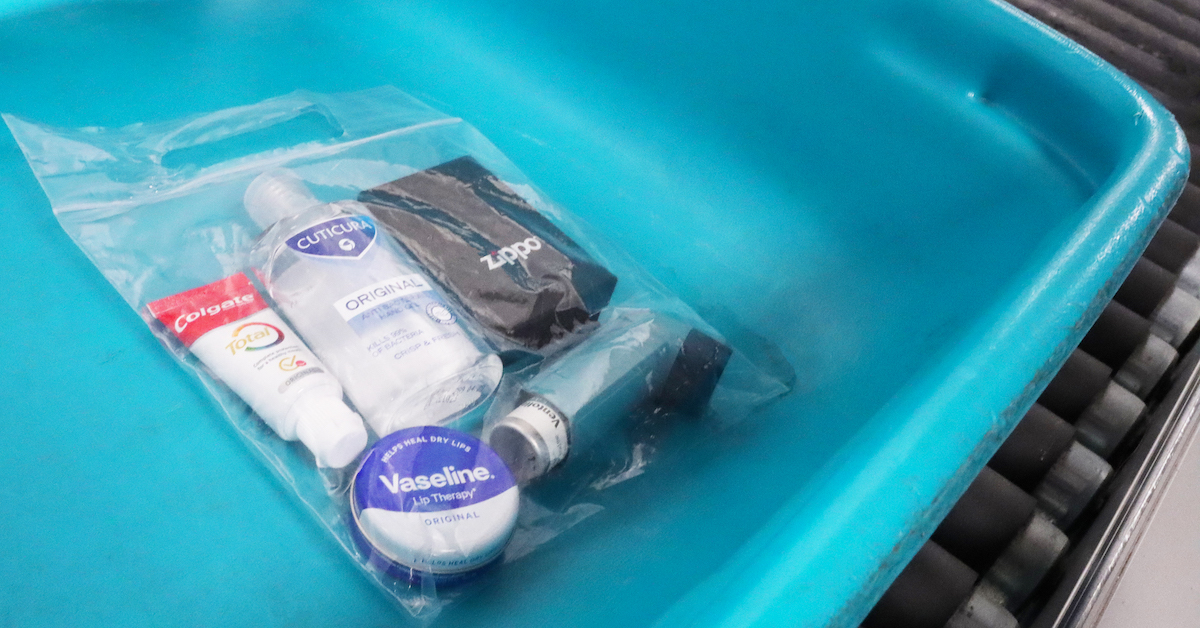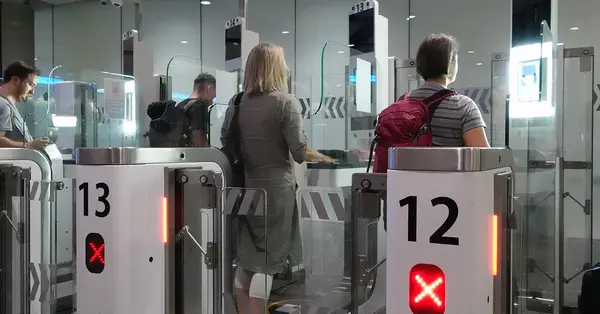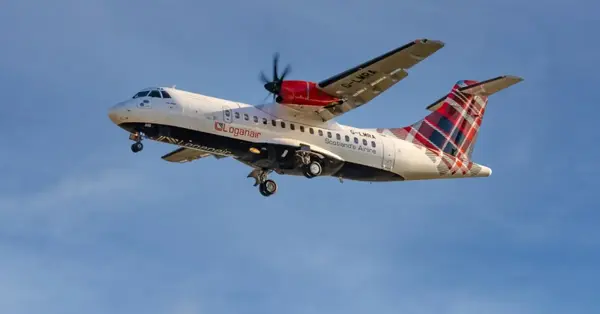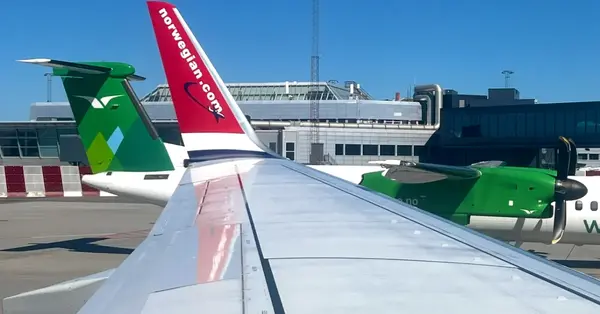You are viewing 1 of your 2 free articles
Airports given more time to install new scanners
Airports have been granted deadline extensions of up to a year for the installation of security scanners that would allow passengers to keep liquids and laptops in their hand luggage.
The government had previously set a deadline of June 1 for all major airports to introduce computed tomography (CT) scanners that create 3D images.
But the Department for Transport (DfT) revealed this week that it had recognised the challenges involved in installing the equipment, prompting it to approve deadline extensions of up to 12 months on a case-by-case basis.
The government is also looking to introduce financial penalties for those airports that miss any further deadlines.
Powers to achieve this under the Aviation Security Act will be explored and taken forward in the coming months.
More: UK airports ‘not ready’ for new security scanners, says Jet2 chief
Airports have reported delays linked to the manufacturers of the scanners, as well as difficulties stemming from the weight of the equipment. In some cases, floors have needed to be strengthened and new elevators installed. The scanners are intended to boost security levels while improving the customer experience.
A department spokesperson said: “We accept there are genuine and pragmatic reasons why this has taken longer than we had hoped.”
More than 50% of passengers at major UK airports this summer will go through the advanced scanners, according to DfT figures.
However, the government is advising travellers to continue applying the existing rules on liquids and laptops unless they are told otherwise by their departure airport.
Since 2006, liquids going through security have had to be carried in containers of 100ml or less and also displayed in a clear plastic bag.
“Our message for passengers at the moment is that they should prepare as normal,” said the DfT spokesperson.
Airports will only be allowed to say the rules have changed if every passenger will be experiencing the new scanners.
The DfT spokesperson dismissed suggestions that the policy on scanners would cause delays this summer, saying: “It absolutely should not lead to delays.”
The DfT declined to reveal the new deadlines applying to each departure point, but added that airports had been encouraged to apply for as short an extension as possible.
The spokesperson described the UK’s rollout of advanced scanners as world leading, saying: “No other country is doing it at this scale.”
Transport secretary Mark Harper said: “These cutting-edge scanners will make air travel safer and easier for passengers by strengthening security even further.
“The UK is leading the world with its roll-out of this technology, but it’s important we give those airports yet to meet the deadline a second chance to get the job done. Until they do, passengers should continue to check before travelling.”
Airport Operators Association chief executive Karen Dee said: “Airports are making excellent progress in delivering these multimillion-pound investment programmes, which will ensure the UK remains at the forefront of aviation security in the years ahead.
“As with any programme of this complexity, there are significant challenges, and we are happy the government has recognised these and agreed to extend timeframes for delivery where necessary.
“By adopting this approach, airports can ensure that they are ready to welcome passengers over the upcoming holiday periods and that their journeys are safe, secure and smooth as we make this transition.”
Airlines UK chief executive Tim Alderslade said: “Delivering these changes throughout all UK airports will be key to improving airline passengers’ experience.
“The extension of the deadline for those airports who require it will ensure simplicity and ease for customers during this transition.”


















